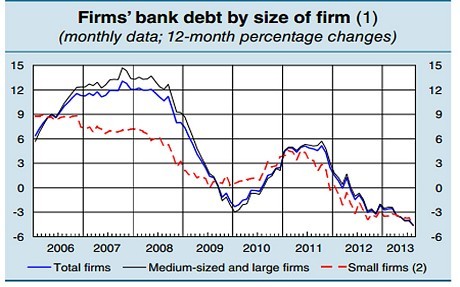Portugal Says Economy Will Shrink
Post on: 16 Март, 2015 No Comment

However, Europe’s Short-Term Debt Sales Smooth
However, Portugal is facing mounting pressure to seek a bailout package in light of fears that the country may struggle to rein in its budget deficit amid chronically low growth expectations and high borrowing costs.
Portugal is due to hold a €750 million ($972 million) to €1.25 billion bond auction Wednesday. Mr. Sócrates said he his confident that the auction will go well and noted that Portugal has the means to finance itself in the [international financial] market and will continue to work on lowering its budget deficit in 2011. Portugal was one of the European countries that reduced its deficit by the greatest amount in percentage terms, Mr. Sócrates said.
In its winter economic bulletin, the Portuguese central bank said it expects the country’s gross domestic product to shrink 1.3% this year, sharply reducing its previous estimate for no growth in 2011, according to its autumn economic bulletin. For 2012, it predicts growth of 0.6%.
The hefty change to GDP estimates in 2011 greatly reflects the more somber prospects for private consumption, with the budget consolidation measures effectively reducing available income for consumers. Private consumption is expected to drop 2.7% in 2011, significantly more than the 0.8% fall projected in the autumn bulletin. The Bank of Portugal raised its forecast for GDP growth in 2010 to 1.3% from 1.2%.
Worries among investors that the country may struggle to rein in its budget deficit amid chronically low growth expectations and high borrowing costs has caused yields on Portuguese government debt to shoot up. Many economists think the higher financing costs will force Portugal to seek a bailout package from the European Union and the International Monetary Fund.
But Portuguese politicians say aid won’t be needed. Portugal has the means to finance itself in the market and is determined to continue reducing its budget deficit, Mr. Sócrates said Tuesday. Portugal won’t ask for any financial help because it’s not necessary.
Elsewhere Tuesday, the EU’s weaker states comfortably sold planned amounts of Treasury bills, with Italy and Greece paying only marginally higher yields than previously, while Hungary’s funding costs actually dipped. The smooth outcome of the T-bill tenders, or sales of short-term debt, is good news ahead of Portuguese, Spanish and Italian government bond sales in the next two days, but investors remain cautious.
Greece, which returned to its monthly T-bill auctions after taking a breather in December, sold €1.95 billion of 26-week T-bills at a uniform yield of 4.9%, compared with 4.82% in November. The amount sold includes a 30% noncompetitive tranche above the €1.5 billion auction size.

Italy sold a planned €7 billion of 12-month Treasury bills at an average yield of 2.067%, compared with 2.014% at the previous auction Dec. 10. The bid-to-cover ratio was 1.63, compared with 2 previously, but at its previous sale, Italy only offered €4 billion of T-bills.
Hungary, which isn’t a member of the euro zone, sold a greater-than-planned 45 billion forints of three-month T-bills at its weekly auction, with the average yield falling dipping to 5.71% from 5.72% a week ago.
Among the stronger issuers of the European debt market, the Netherlands sold €3.25 billion of a new three-year bond, DSL 1% January 2014 at an average yield of 1.297%, compared with a target range of €2.5 billion to €3.5 billion.
Emese Bartha contributed to this article.














